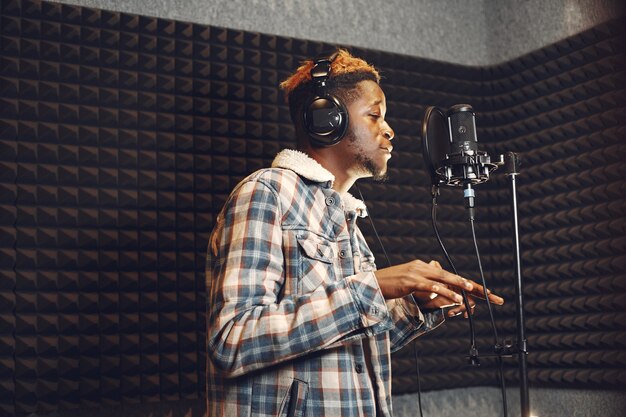
Join our daily and weekly newsletters for the latest updates and exclusive content on cutting-edge AI coverage.
You might not have heard of Deepdub yet, but this audio tech startup from Tel Aviv, Israel, founded in 2019, aims to make you familiar with the voices it records and publishes. Deepdub uses artificial intelligence (AI) tools for dubbing voices in videos, audio tracks, games, and other media. It allows speakers to record in their native language and then use AI to translate their words into numerous other languages while keeping the original voice’s unique sound. The company also provides lip-syncing in videos to ensure the translated content looks as natural as if the speaker had recorded it fluently in another language. Deepdub offers “voice over end-to-end localization at scale” through its web-based platform.
This week, Deepdub launched a new service: a royalty program for vocal artists. This program allows artists to record their voices, have them become the basis for future AI-generated tracks, and earn royalties each time their AI-cloned voice is used in new productions. Ofir Krakowski, CEO and co-founder of Deepdub, stated that the Voice Artist Royalty Program ensures performers are fairly compensated for their talent, skill, and involvement in the AI voice tech world.
Who can join this program and monetize their voice for AI content? In theory, any voice artist can participate, regardless of their experience level. However, Deepdub is currently regulating participation through a public intake form on its website. The form requires basic location and personally identifiable information, along with work status, experience level, and whether the artist has an IMDB profile page. Artists with a showreel or sample clips can also provide a link to their work.
According to Deepdub, the program is open to professional voice artists who submit a voice sample. Once approved, these artists are added to Deepdub’s voice marketplace, and their vocal profiles become available for various audio-visual productions.
But how much can these artists earn? Deepdub has not provided specific figures on earnings. However, a spokesperson indicated that the royalty program aims to offer a substantial and sustainable income stream. Artists are paid a fee per project using their voice, not based on distribution or sales of the content. The project fee depends on several factors, including project size, language, region, and the specific artist’s voice used.
Deepdub’s credibility is bolstered by a team of experienced entertainment executives, including former HBO Max Chief Content Officer Kevin Reilly and former Fox Television Studios President Emiliano Calemzuk. The company’s technology is already used in various entertainment sectors like films, TV series, documentaries, YouTube, and video-on-demand platforms. Their technology is promoted for other uses such as corporate videos, advertising, podcasts, and audio storytelling. Deepdub claims its tech allows for a 70% faster turnaround time for producing dubbed audio and can cut audio dubbing costs by 50%.
Despite these advantages, Deepdub faces competition in the AI dubbing and audio translation market. Companies like Captions and ElevenLabs offer similar features. ElevenLabs, for instance, provides AI-generated voices and dubbing in 20 languages and was valued at around $100 million. There are also open-source alternatives that, while free, do not offer royalty payments. One notable competitor offering royalties for AI-generated voice usage is Metaphysic, known for deepfake technology demos. However, Metaphysic focuses on 3D scanning and monetizing full-body performances rather than just vocal work.